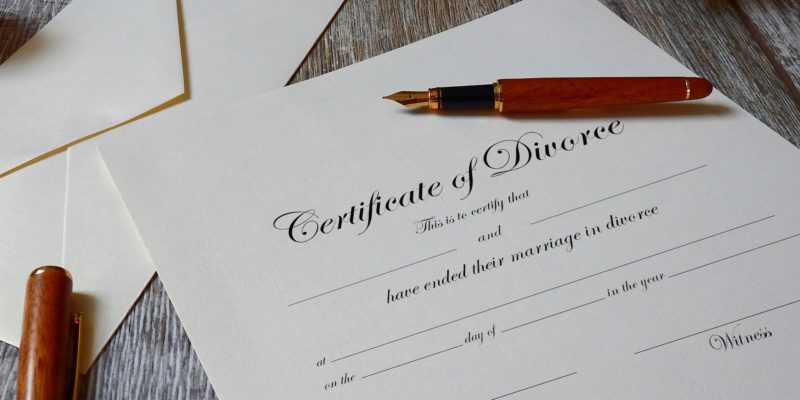Does Your Divorce Affect Your Retirement Account?

According to the American Psychological Association, 40 to 50 percent of couples in the US get divorced.
This is alarming; it could mean that if you’re married, there’s a 40-50 % chance that you could get a divorce, in which case you need to be well-informed and prepared.
Typically, people get married and divorced much later in their lives—mostly around the age of 50, and financial security is everything after 50.
Divorce can setback your retirement plans, even forcing you to go to work or postponing your retirement altogether.
Here are some retirement accounts that will directly get affected by a divorce.
Pension Plans
According to the Pension Rights Center, a pension earned during the marriage is generally considered a joint asset and is treated as such during a divorce.
However, the pension earned before you got married isn’t joint property.
If you get divorced, the pension is split up more or less the same way as other joint assets.
At times, the pension holder can pay-off the other spouse based on an estimated value of the plan, but this is a complicated option that needs to be discussed with your financial advisor. A general rule of thumb is to go with a 50/50 split.
Social Security
Social Security is one of the most affected accounts if you’ve been married for less than ten years. Divorce prevents you from collecting credits against your spouse’s earnings.
A married couple can claim benefits such as security payments based on their individual work records from before they got married.
You should also keep in mind that if you choose to remarry, you won’t be able to collect benefits based on your ex-spouse’s record.
In case one of you dies, and your marriage had lasted for longer than ten years, the living spouse becomes eligible for survivor’s benefits against the ex-spouse’s earnings record.
401(k) & IRA
In divorces, especially when there are significant assets in the family retirement account, these accounts get split up.
But these need to be split properly; otherwise,the spouse that didn’t have it in their name pays more taxes than the other.
This can be a big hurdle when you’ve saved together and planned together. In a moment, your income can be cut in half—and that’s years of retirement planning down the drain.
The worst part is that your expenses don’t necessarily get cut down in half.
The underlying assumption here is that a couple can live together cheaper than two individuals living on their own. And usually, this is true for most couples.
Since IRAs can’t be co-owned, it’s a wise idea to invest in one on your own to secure your financial future in case of a divorce. In particular, a Precious Metals IRA account is an extremely sound investment.
Contact us today if you’re interested in planning a financial future with our help.






